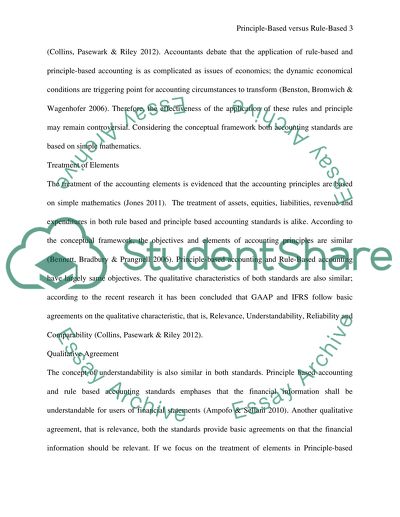Cite this document
(“Principle-based Standards versus Rule-based Standards Essay”, n.d.)
Principle-based Standards versus Rule-based Standards Essay. Retrieved from https://studentshare.org/finance-accounting/1490896-principle-based-standards-versus-rule-based-standards
Principle-based Standards versus Rule-based Standards Essay. Retrieved from https://studentshare.org/finance-accounting/1490896-principle-based-standards-versus-rule-based-standards
(Principle-Based Standards Versus Rule-Based Standards Essay)
Principle-Based Standards Versus Rule-Based Standards Essay. https://studentshare.org/finance-accounting/1490896-principle-based-standards-versus-rule-based-standards.
Principle-Based Standards Versus Rule-Based Standards Essay. https://studentshare.org/finance-accounting/1490896-principle-based-standards-versus-rule-based-standards.
“Principle-Based Standards Versus Rule-Based Standards Essay”, n.d. https://studentshare.org/finance-accounting/1490896-principle-based-standards-versus-rule-based-standards.


